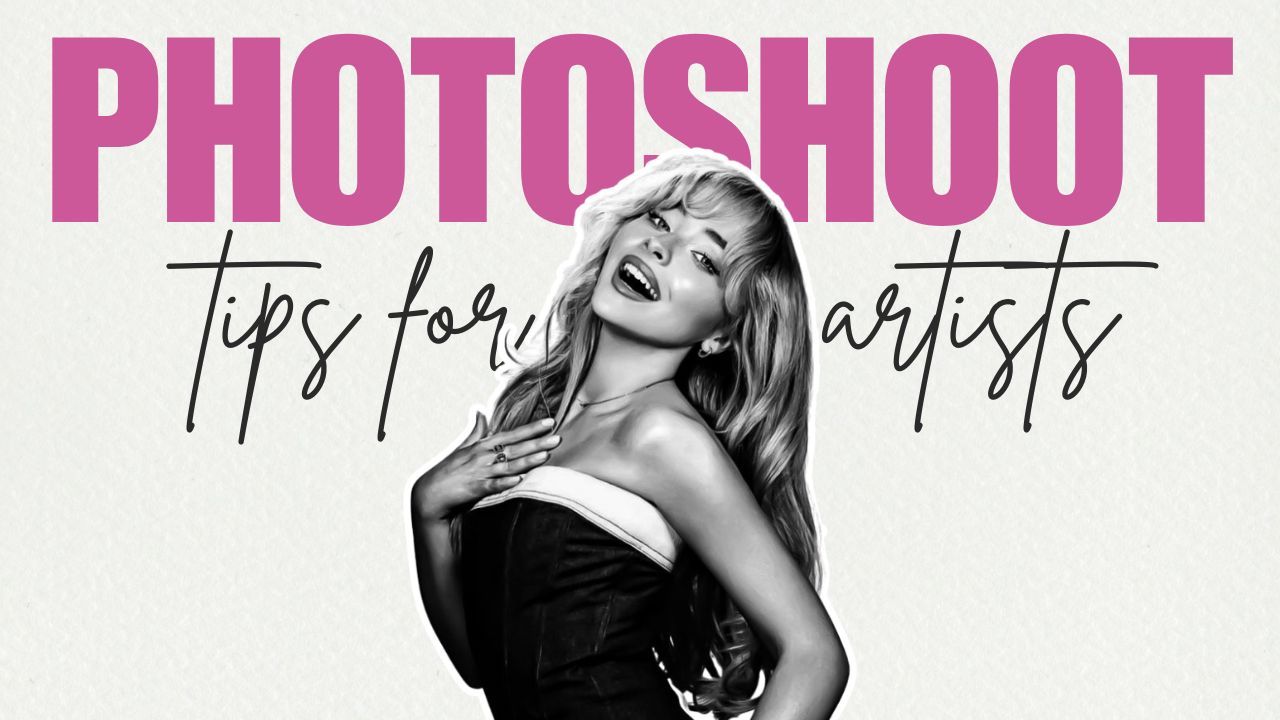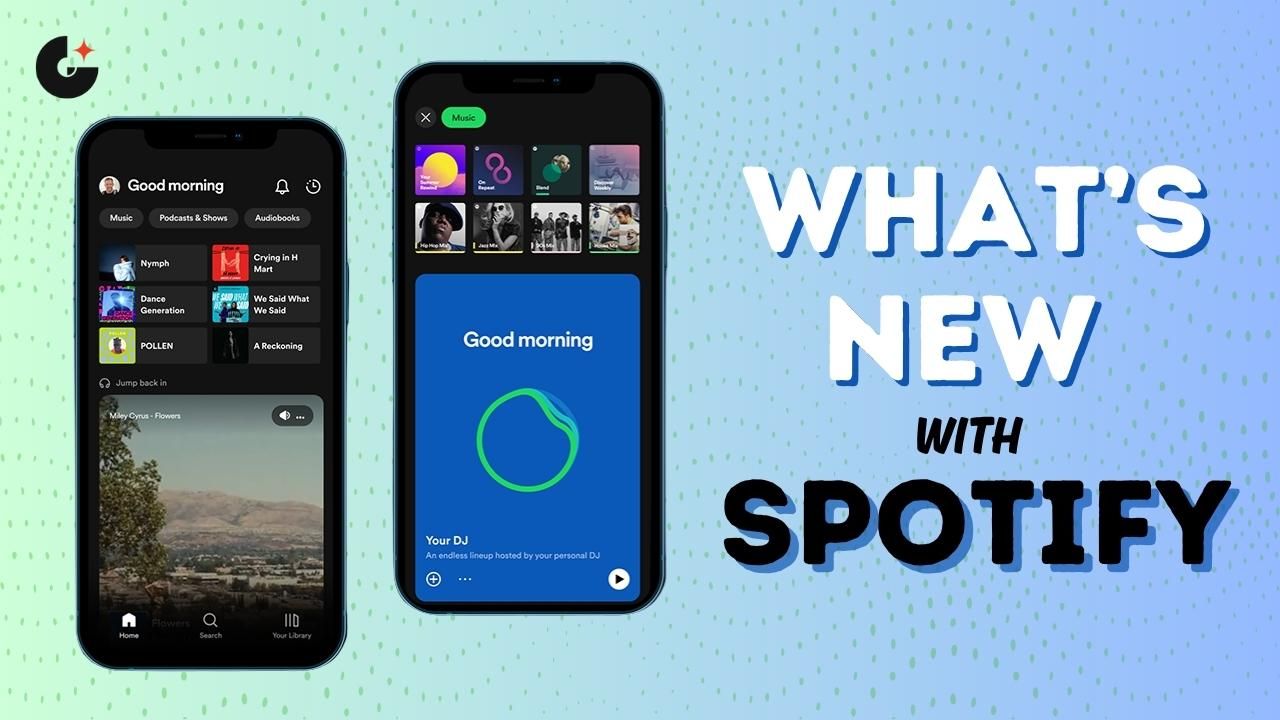
How To Be A Music Agent
Aug 23, 2023What Does a Music Agent Do?
Music Agent is a term you must have heard of, at some point in the journey of maneuvering the music industry. It's not just something that someone says to network better, but it is one of the significant components of the vast industry that you want to make a profit from.
So who is a music agent? A music agent, frequently called a talent agent is someone who helps the artist navigate through the entertainment business, by booking gigs for them, managing schedules, and networking them to the higher officials at record labels, movies, and so on. They help negotiate the financial terms of any bookings for shows, live performances, gigs or events.
Pssst…come here: A music agent focuses more on seeking talent (the musician) and pitching the potential that musician has, to other representatives of record labels in the dynamics of music and entertainment business. So if you are a musician, and if you're actually good at what you do, a music agent can help you find opportunities.

How do you become a Music Agent?
A degree in music business would be GREAT but no worries if you don’t have one! A degree in business, commerce, and the like, should do as well. However, the most important thing with music agency jobs is that you'll need to do A LOT of internships or assignments because the practicality of the job will help you get a better idea of handling a client (musician) one day. If you really want in, focus on doing as many internships as possible and understanding your assignments well.
Pssst…come here: ALWAYS aim for internships with record labels. They'll show you the pragmatic side of things, how to work around musicians, contract deals, and how the music industry is. Distribution companies such as Distrokid, Tunecore, and so on, are great places for internships as well. The better you know the reality of the procedure, the better your quality and understanding of your work will be.

Additionally, be keen on developing these skills:
Multitasking:
We don't mean your usual I'll-get-coffee-work-on-the-way-to-office multitasking. We mean, handling different tasks that may be given to you on a daily, weekly, or monthly basis. There's no room for prioritizing, there's only room for delivering around the clock. Now we know that this may seem extremely taxing and a little unrealistic as well, but once you get the knack of multitasking, handling multiple clients and their different goals and schedules won't be that difficult.
Communication skills:
It's not just about professional communication and the way in which you intimate certain information to different kinds of people. It implies clear instructions, assertiveness, and transparency in your communication. As a music agent, you'll be contacting venue owners, coordinating with other event managers, logistics, and hospitality services on your client's (musician) behalf. Whether it's texting, chatting, emailing, arranging meetings, or making last-minute changes, you always have to be on your toes. This is probably the most important skill you’ll need for any job in the music industry.
Pssst…come here: This doesn't mean that you're never allowed to rest! However, a music agent is always flexible and adaptable. So effective communication and time management skills go hand in hand.
Scheduling:
YES, this means the use of spreadsheets. If you're someone who likes things to be very organized and planned then scheduling won't be that difficult. It also depends on the kind of musician you're working with. If it's someone who's relatively popular, then that implies that the number of events they'd be doing in a month would be a lot more than an upcoming musician who has probably released just a couple of tracks and is gaining a fair amount of traction. Make sure that you coordinate dates and times with both the parties, the musicians the venue owners, or other event managers. The idea is to be a bridge between the two and work things out as smoothly as possible.

What's the difference between a music agent and a music manager?
If you're asking this question, then you're on the right track. The answer is actually simple.
A music agent focuses on hiring/seeking talent and pitching that to appropriate music supervisors. They specialize in understanding the musician, and his or her music, where they could get the best exposure (performances, gigs) and reach other entertainment professionals who could work with them better, in terms of utilizing music in movies, TV shows, and video games.

A music manager, on the other hand, focuses on the longevity aspect of a musician's career. This entails understanding consumer psychology or what the audience is seeking from them and how they could deliver better. They help in selecting projects, discuss the impact and profit of doing a project, how that could help build or maintain the reputation of a musician, and what goes well with the musician's brand and what does not.

While the jobs of a music agent and a music manager are different there is potential for an overlap in light of the fact that an agent's job in fostering a musician's profession might include connecting with industry contacts and examining new open doors or arrangement terms.
What shouldn't you do?
Don't overdo it:
The only way you can appear to be authentic is to be convincing, not pushy. Remember that you're a bridge and that you'll be negotiating terms about 10 different things to third parties, so don't try to be pushy and oversell your client or talent.
Be professional:
More often than not, young music agents tend to network well and make a lot of contacts, but sometimes, a few favors and a few envelopes are pushed. Try to avoid those kinds of situations. That will only end up building unrealistic expectations from you as an agent in the eyes of other companies and musicians.
Negotiate to settle, not argue:
Imagine you bagged a popular client who comes with his own manager.
*awkward*
Doesn't have to be. You'll have to understand that if you need to work things out as smoothly as possible, you and the manager need to be on the same page, for your musician.
Pssst…come here: You'll be getting a commission fee (10-15%) and other cuts as discussed by you and your client. Make sure that these terms are on paper, between you and the musician, not between you and the musician's manager.
What's The Average Pay?
According to one source, the annual salary of a music agent ranges from 50,000 to 60,000 USD. Another says that it depends on the artist you'll be working with.
However, the average pay shouldn't be less than 30,000 USD. The artist, the number of events they'll be doing, and the commission percentage are the key factors in determining your average income.

But we'll be honest with you. You cannot start working with someone huge almost immediately after your year of internships. You will start slow, and small. This may seem like it's a long journey, but the more experience you gain from the beginning, the more credible you'll appear to be to musicians looking for music agents.
We at GreaseRelease, have a bunch of curators on our network who are looking for new & exciting music to push on their massive playlists. If you make music and want to reach a wider audience, check out our submission platform and get a chance to reach millions of listeners! Submit your tracks now!
Studies show that 80% of musicians constantly feel overwhelmed and we want to take that load off by helping you stay organized that's why, my team and I created the ProdPro 2.0
The ProdPro 2.0 is the ultimate organization tool built by and for musicians. Click here to learn more.
Don't miss my newsletter!
Join me on a music entrepreneurship journey with new tips and tricks delivered straight to your inbox.
We hate SPAM. We will never sell your information, for any reason.




